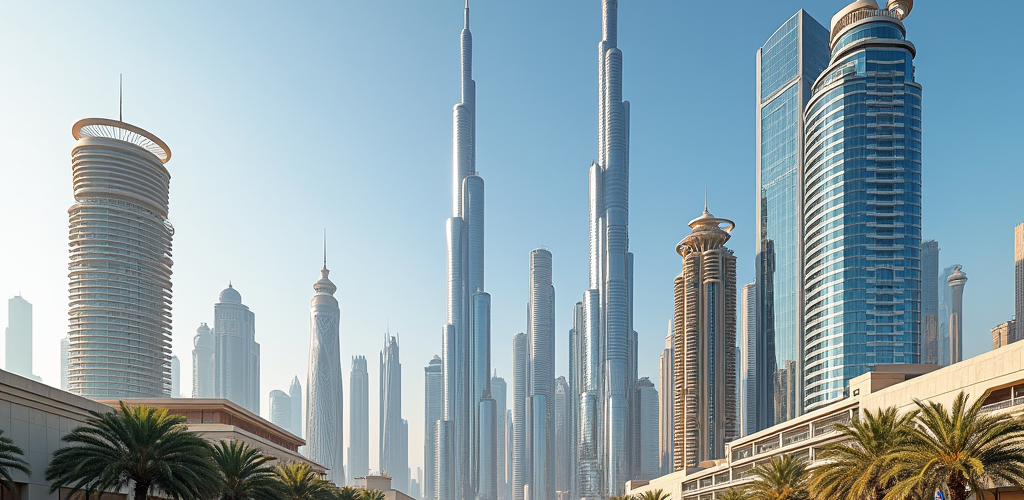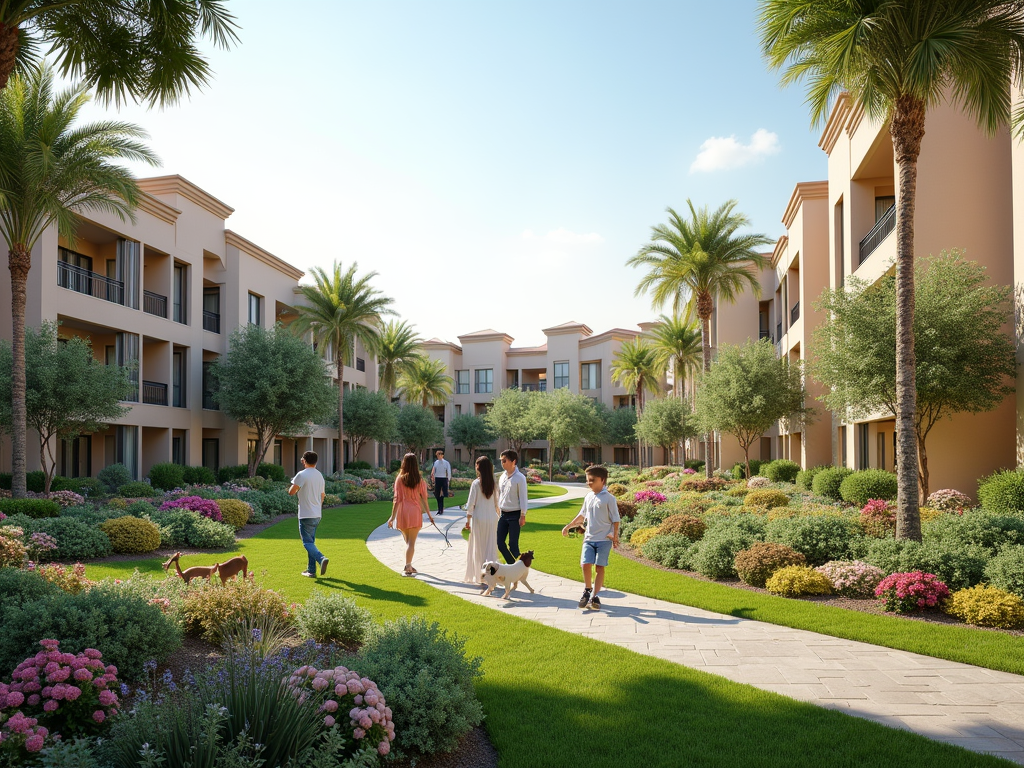The Impact of Economic Policies on Dubai’s Real Estate Market
January 22, 2025

The real estate market in Dubai is significantly influenced by various economic policies implemented by both the government and international entities. These policies shape market dynamics, investment trends, and overall growth. By examining the impact of these economic decisions, we can better understand how they foster development in one of the world’s most vibrant real estate markets. This article will explore the various economic policies affecting Dubai’s real estate, the current trends observed, and how these factors contribute to the market’s resilience and adaptability.
Economic Policies Shaping Dubai’s Real Estate Landscape

Dubai’s real estate market is shaped by various economic policies that affect both local and foreign investment. Investors and stakeholders must navigate a myriad of regulations which can create opportunities or pose challenges. Some key economic policies influencing the real estate sector include:
- Foreign Ownership Regulations: The Dubai government has relaxed rules allowing foreigners to own property in designated areas, thereby boosting foreign investment.
- Tax Incentives: The absence of property taxes combined with low corporate taxes enhances Dubai’s attractiveness as an investment hub.
- Visa Reforms: Policies such as long-term residency visas for property owners encourage foreign nationals to invest in the real estate market.
- Economic Free Zones: These zones provide significant freedom for businesses and attractive conditions for real estate development.
- Infrastructure Development: Government commitment to improving transportation, utilities, and other infrastructure adds value to real estate properties.
Current Trends in Dubai’s Real Estate Market

As economic policies evolve, so too do the trends in Dubai’s real estate market. Recent trends point toward a growing demand for upscale properties and residential units tailored to expatriates who are increasingly choosing Dubai as their home destination. Factors contributing to these trends include:
- Smart City Initiatives: The government’s initiatives to create smart cities have increased the demand for technologically integrated properties.
- Post-Pandemic Recovery: The recovery from the COVID-19 pandemic has sparked renewed interest from investors and homebuyers.
- Sustainable Developments: Increasing focus on sustainability has driven demand for eco-friendly and energy-efficient properties.
Dubai has long been lauded for its efforts to diversify its economy beyond oil reliance. This diversification is pivotal in stabilizing its real estate market. Major sectors such as tourism, finance, and technology increasingly contribute to economic strength, resulting in a robust demand for commercial and residential properties. Key aspects of economic diversification affecting real estate include:
- Tourism Growth: The ongoing investment in tourism-related infrastructure has increased the demand for hotel and resort properties.
- Business Expansion: An expanding business landscape requires more office space and real estate to accommodate new enterprises.
- Global Trade Hub: As a global trade and logistics hub, there is a growing need for warehouse and distribution centers, leading to more development in industrial real estate.
Government Support for Real Estate Growth
Dubai’s government plays a crucial role in ensuring that real estate continues to thrive. The implementation of strategic plans and proactive measures not only supports current market trends but also attracts future investments. Key aspects of government support include:
- Regulatory Framework: The establishment of organizations like the Dubai Land Department ensures a robust legal framework that protects investors.
- Incentives for Developers: Financial incentives for developers facilitate timely project completions and enhance attractiveness.
- Public-Private Partnerships: Collaborations between the government and private sector stakeholders foster innovation and economic synergy.
Conclusion
The economic policies in Dubai have a profound impact on its real estate market, driving growth and adaptability. By creating a favorable environment for investment—including tax incentives, relaxed ownership regulations, and robust infrastructure—the Dubai government has established the emirate as a global real estate center. Additionally, ongoing trends such as economic diversification and sustained support from the government will likely continue to shape the landscape of Dubai’s real estate sector for years to come. All these factors combined affirm the resilience and attractiveness of Dubai’s booming real estate market.
Frequently Asked Questions
1. How do government economic policies influence property ownership in Dubai?
Government policies, such as relaxed foreign ownership regulations and attractive visa options, significantly boost property ownership among expatriates and foreign investors.
2. What trends are currently shaping the Dubai real estate market?
Current trends include increased demand for luxury properties, smart and sustainable developments, and a recovery from the impacts of the COVID-19 pandemic.
3. How important is economic diversification for Dubai’s real estate sector?
Economic diversification reduces reliance on oil and fosters growth in sectors like tourism, finance, and technology, which, in turn, drives demand for various real estate types.
4. What role does infrastructure development play in real estate growth in Dubai?
Infrastructure improvements enhance accessibility and livability, significantly increasing property values and attracting developers and investors.
5. Are there any taxes associated with property purchases in Dubai?
Generally, there are no property taxes in Dubai, but there may be maintenance and registration fees associated with property purchases.